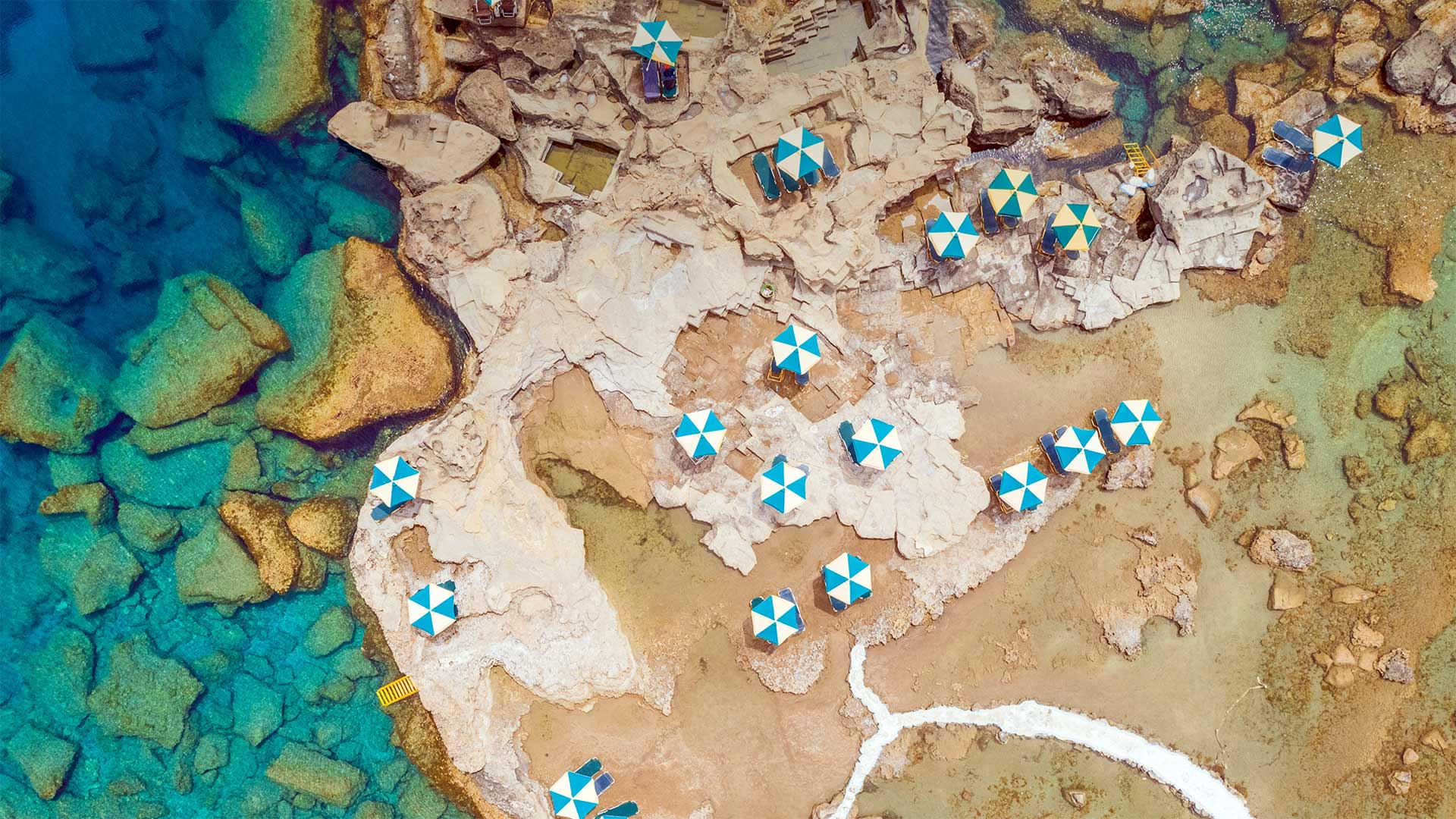Mauritius, a tropical paradise in the Indian Ocean, is facing a waste management crisis. The small island nation is struggling with the increasing amount of solid waste generated by its growing population and tourism industry. In an effort to address this issue, the government has launched the Incinerator Project, which promises to provide a sustainable solution to the country’s waste management problems. However, the project is not without its potential pitfalls.
The Incinerator Project aims to build a waste-to-energy facility that will burn solid waste to generate electricity. This process is touted as an environmentally friendly way to reduce the volume of waste going to landfills and to produce energy from non-renewable sources. The project is also intended to help Mauritius achieve its renewable energy targets and reduce its carbon emissions.
On the surface, the Incinerator Project seems like a step in the right direction. It offers a way to manage the country’s waste while also providing a source of renewable energy. However, there are several potential pitfalls that the project must overcome.
One of the main concerns surrounding the Incinerator Project is its environmental impact. Incineration can release harmful pollutants and greenhouse gases into the atmosphere, posing a threat to air quality and public health. Additionally, the ash produced from the burning process can contain toxic substances that may contaminate the surrounding environment if not properly handled.
Furthermore, there are concerns about the financial viability of the Incinerator Project. Building and operating a waste-to-energy facility is a costly endeavor, and there are doubts about whether the project will be able to generate enough revenue to cover its expenses. If the project does not prove to be financially sustainable, it could become a burden on the taxpayers of Mauritius.
There is also the issue of public perception and acceptance of the Incinerator Project. Many residents and environmental activists have expressed their opposition to the project, citing concerns about its potential negative impact on the environment and public health. In order for the Incinerator Project to succeed, it will need to gain the trust and support of the local community.
Despite these potential pitfalls, the Incinerator Project also holds promise for addressing Mauritius’ waste management challenges. If properly managed, the waste-to-energy facility could significantly reduce the amount of waste sent to landfills and provide a source of renewable energy for the country.
To ensure the success of the Incinerator Project, the government of Mauritius must address the concerns and potential pitfalls associated with the project. This includes investing in the latest clean technology to minimize emissions and pollution, implementing strict regulations for the handling of ash and other byproducts, and engaging in transparent and open communication with the public about the project’s benefits and risks.
Ultimately, the Incinerator Project has the potential to be a game-changer for Mauritius’ waste management efforts. However, it will require careful planning, strong regulation, and public engagement to ensure that the project delivers on its promises without causing harm to the environment and the people of Mauritius.






